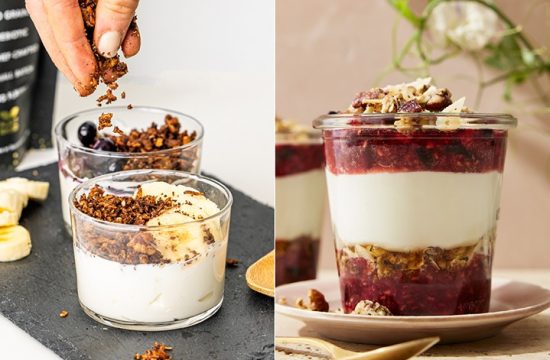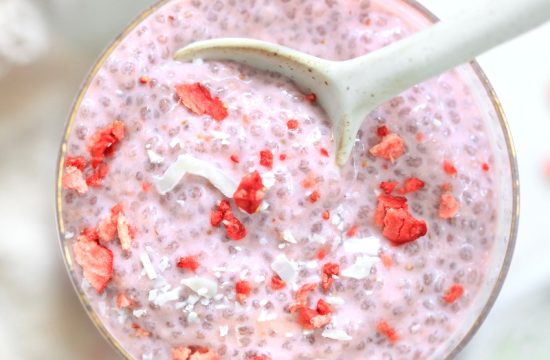
Parents, listen up: while living by a schedule may seem mundane or monotonous, there are many benefits of having set routines for kids. Routines not only provide a checklist of all the musts in a child’s life, but also serve them mentally, physically, and emotionally. In fact, this kind of structure can help the whole family.
01
Nutrition

Routine meals help with adequate nutrition in kids, and combat unhealthy eating habits, even obesity, by planning out when kids eat and snack. For example, little ones who eat breakfast regularly have been found to consume more milk or unsweetened dairy (often a good source of protein and calcium) than those who eat breakfast occasionally. Nutrition can be a stressful part of parenting, but kids seem to model eating behaviors—so, if you eat a healthy morning meal, your kids may be likelier to do so.
02
Adequate sleep
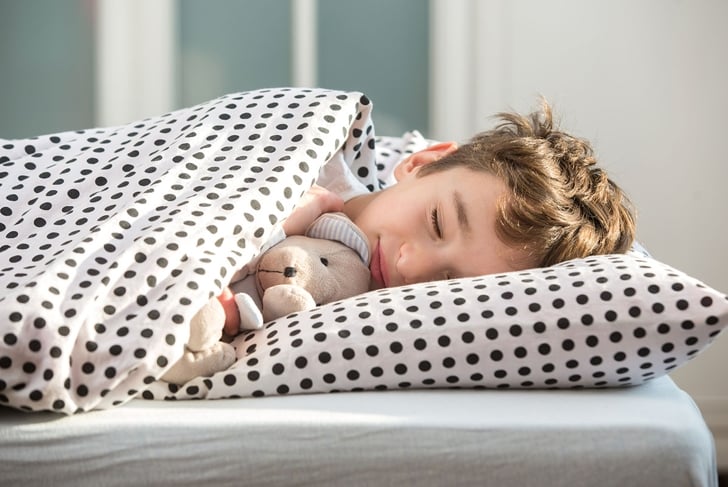
Kids need sleep for development and overall health. Getting kids to sleep can sometimes present challenges; however, daily routines help children sleep better at night. While parents’ schedules may change (due to work or other commitments), try to keep kids’ bedtime routines consistent (meals, snacks, reading or cuddling, baths, massages, et cetera). This can cut out any negative effects of schedule changes on your child’s sleep.
03
Stress reduction and security

Yes, even kids feel stress. Take the COVID-19 pandemic, for example. The pandemic caused a break in many families’ routines (walks to school, daycare, et cetera). A 2021 study found that this resulted in changes in children’s nutrition and sleep, as well as moderate or high anxiety levels for many kids. Parents can help kids sort out their feelings, while also maintaining routines when possible.
[CALLOUT]
Parenting pressure
Raising healthy kids is a big job! Plus, the pandemic presented new challenges for many parents. It’s important to find support if you need to do so.
04
Comfort and consistency

Consistency and predictability help to build structure, which can help kids feel comfort and security. That security of eliminating the unknown can serve to decrease anxiety. When kids know what’s coming up in their day, this builds blocks for them to focus, learn, or just enjoy their environment without uncertainty.
05
Family bonding

Family bonding time is important for kids’ healthy development. Creating a routine as a family also gives you the opportunity to schedule more quality moments together. This way, busy lives won’t get in the way of prioritizing time together. Strengthen your family’s bond by reading together daily, playing a sport, or just having a routine meal.
06
Confidence and independence
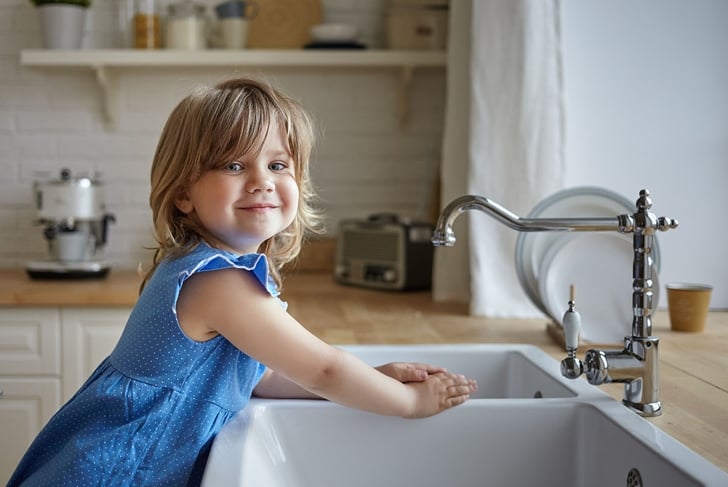
Raise a hand if you have, or have seen, a toddler who wants to do everything on their own. This is actually a positive (though sometimes inconvenient) trait, indicating your little one is expressing their budding independence. Your job as a parent is to support that. Creating routines and nurturing a supportive relationship are vital for kids to develop skills, like impulse control and working memory. Over time, this allows kids to build confidence and independence without parental supervision.
07
Healthy habits
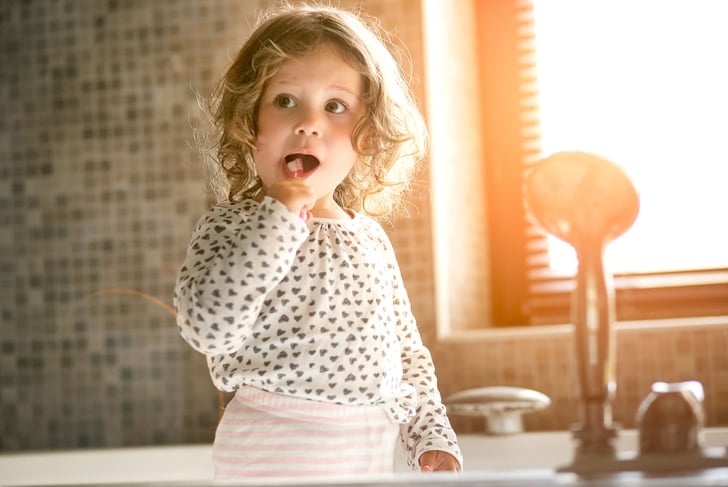
The proof is in: when kids stick to a routine, they’re more likely to eat, sleep, and feel better—and turn healthy choices into habits. There’s also a link between positive behavior and healthy choices. Basically, kids need a consistent routine full of nurturing to build routines that can be carried on long term. Routine practices like teeth brushing and exercising develop into patterns that can last a lifetime.
08
Happier parents

Every parent knows there’s a lot to keep track of. In addition to all the benefits of routines for kids, a happy and healthy parent cannot be ignored. Also, remember: kids tend to model what they see. Having a routine or set schedule can help parents stay more levelheaded, less stressed, and happier, which can trickle down to the kids (so it’s a win-win!).
09
Excited anticipation

Consistency is key because it allows kids to know and plan for what’s coming. As a result, kids may be more likely to resist temptations and distractions because they’re excited for something to come—like a weekly pizza or movie night after finishing chores, or dessert after eating their protein and vegetables. Knowing what’s to come provides reasons to do the routine things; there’s fun to be had in routines.
10
Special rituals

A more simplistic but just as significant benefit, routines help to build rituals that become important over time. A family games night, weekly visits to grandparents, taco Tuesdays—these are routines that may become memories and part of something special over time. Having rituals that are positive are a part of creating a loving, enjoyable environment.
11
Establish a routine for your kids—some tips
Creating routines doesn’t have to be stressful.
- Create a list of the activities you engage in on a weekly basis.
- Determine what chores or responsibilities need to be included. This is age dependent and can vary from changing PJs and brushing teeth to cleaning the dinner table and washing dishes.
- Involve the kids to nail down what will work best for the whole family.
- Draft up a plan that works for you, try it out, and modify as needed.








